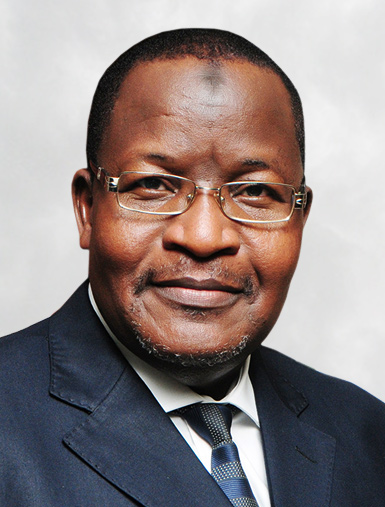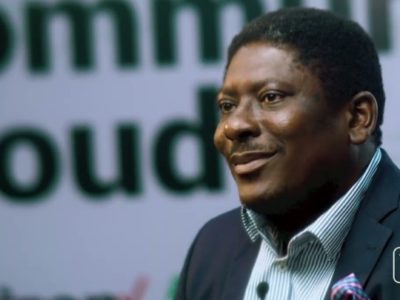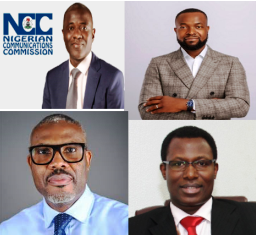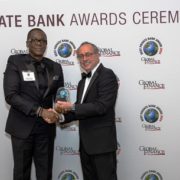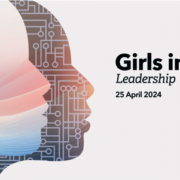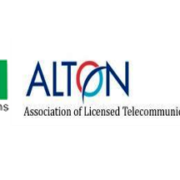By Oluwatobi Opusunju
The Nigeria Communications Commission (NCC) has reinstated its commitment to bring an end to challenges affecting the Nigerian telecommunications industry as the commission inaugurates Inter- Agency Committee for the evaluation of research proposals from the academia which is aimed at finding local solutions to the challenges.
The Inter- Agency Committee is the outcome of recently concluded Stakeholders Forum for the Academia where 61 Vice Chancellors of Nigerian Universities were in attendance.
Over the years, the Nigerian telecoms industry has been plagued with issues such as vandalism, multiple tax burdens and pilfering of telecoms equipment, which has hampered expansion of telecoms networks and disrupted the quality of service (QoS).
Even with less than the required base station (BS) sites to meet the country’s communication needs, as there are only 50,000 BS sites for Nigeria’s over 180 million people, vandalism is still rampant forcing government to make telecom infrastructure part of strategic national assets.
While inaugurating members of the 2017 inter-agency committee, the Executive Vice Chairman/CEO of the NCC, Prof. Umar Garba Danbatta stated that the goal of the commission is to be able to use this intervention to address industry problems. Prof. Danbatta also stated that finding local solutions to the challenges that affect the telecommunications industry is a priority of the commission and the focus on the academia is expected to be mutually beneficial.
The 18-Man Committee is headed by Prof. Muazu Muhammad Bashir of Ahmadu Bello University Zaria. Others members are Prof. Babatunde Adegboye, Federal University of Technology, Minna; Prof. Cosmas Ani, University of Nigeria Nsukka; Mr. Val Amadi, Association of Licensed Telecommunications Operators of Nigeria; and Mrs. Iyabode Solanke, Director of Research and Development, NCC.
“Going forward, research activities will attract priority attention at the Nigerian Communications Commission,” said Danbatta. The scope of research topics to be assessed by the Committee embrace core telecommunications issues to oil pipeline protection and tracking.
Additionally, on the creation of the Department Research and Development at the NCC, Danbatta informed that it was imperative as telecommunications is an industry that facilitates growth and development of other industries.
“Our goal for the establishment of Research and Development department at NCC is to be able to use this intervention to address industry problems as well as some other societal issues that need urgent attention,” he said.
Danbatta expressed optimism that students would also leverage on this opportunity to sharpen their research skills. In its official statement on the committee’s inauguration, the NCC states: “to the academic community it is very valuable as it adds value to research output. The society also stands to benefit from the seminal ouput of the integration that evolve through NCC’s decision to deliberately utilize the capacity resident in the academia to positively impact businesses, leading to the development of new products and services for the entire telecom industry.”
In a related development, about 96 submissions, almost 100 per cent increase on the 2016 record, has been received in response to the commission’s call for research proposals from the academia.


